
Tue 2024/07/16
Types of lesson planning | components effective teaching plan
Good lesson planning is indeed crucial in the teaching process as it provides order and organization, clarifies educational objectives, prepares instructional content effectively, and contributes to assessing learning and monitoring student progress.
Good lesson planning is crucial in the teaching process. When teachers organize and prepare lessons carefully, they create an effective learning environment and achieve desired learning outcomes more efficiently. Good planning requires a set of special skills that teachers should learn and apply systematically and methodically.
In this article, we will discuss the concept of good lesson planning and its importance in the context of modern education. We will explore the necessary skills for teachers in the planning process, as well as the elements that a good lesson plan should include.
By understanding the importance of good lesson planning and acquiring the necessary skills, teachers can become more effective and influential in achieving students' learning goals. Let's delve into this important topic and discover how to achieve the best educational experience through good lesson planning.
The concept of good lesson planning
Good lesson planning refers to organizing and structuring the teaching process in a systematic and organized manner based on specific learning objectives. It includes defining clear and appropriate educational goals, designing suitable instructional content, selecting relevant teaching strategies and materials, and continuously assessing learning.
Through good lesson planning, several benefits are achieved:
- Good planning helps provide order and organization to lessons, enhancing the flow of the teaching process and reducing chaos.
- It helps clarify educational objectives, contributing to guiding learning and providing clear guidance for teachers and students.
- It assists in preparing instructional content in an organized and systematic manner, making it more understandable for students. Good planning allows for the selection of appropriate teaching strategies and materials, increasing the effectiveness of the teaching process and encouraging active student interaction and participation.
- It contributes to assessing learning and monitoring student progress, allowing for adjustments in teaching methods and techniques to achieve better educational outcomes.
Skills for Effective Teaching Planning
Good teaching planning skills include several aspects that help teachers organize and manage the educational process effectively. Here are some important skills in this regard:
- Needs analysis: The ability to analyze learners' needs and understand their current level in order to determine constructive and appropriate educational objectives.
- Curriculum design: The ability to organize and design the curriculum in a sequential and logical manner, identifying the essential content and concepts that need to be covered and developed.
- Setting educational objectives: The ability to establish clear and specific learning objectives that focus on the skills and knowledge learners should achieve by the end of the lesson or instructional unit.
- Selecting teaching strategies: The ability to choose and implement suitable teaching strategies and methods, such as lectures, group discussions, cooperative learning, hands-on experiments, and others, to enhance learner interaction and engagement.
- Using instructional resources: The ability to select and utilize appropriate instructional materials, such as presentations, multimedia, and educational technology, to promote learner interaction and comprehension of concepts.
- Assessing learning: The ability to design and implement appropriate assessment tools to measure learners' achievements and understanding of concepts, and to use assessment results to improve the teaching process and guide future learning.
- Organizational skills: This skill is essential in the educational planning process. It helps in time management, organizing content and activities, and effectively utilizing educational resources. It also contributes to classroom management in an organized manner.
- Time management skills: Time management is a fundamental skill in teaching planning. It helps achieve balance and logical organization of lessons, allowing for efficient time utilization and allocation for additional activities. It also aids in dealing with challenges and arising problems.
- Alignment of plans and curricula: Aligning plans and curricula is an important skill in teaching planning. This involves matching educational objectives and prescribed content in the curriculum with lesson plans. It is also necessary to adjust the timeline for topics and concepts to fit the teaching plans.
Types of Lesson Planning
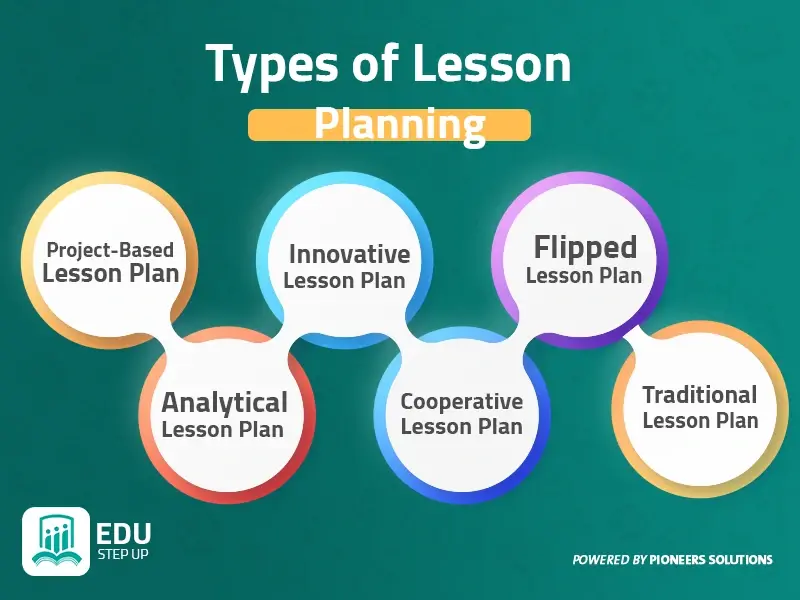
There are several types of lesson planning that teachers can use based on their needs and preferred teaching style. Here are some common types of lesson planning:
- Traditional Lesson Plan: This plan includes essential components such as learning objectives, duration, prescribed content, teaching strategies, and assessment methods.
- Flipped Lesson Plan: In this plan, the core content is presented to students outside the classroom through videos or other educational materials, while class time is used for applying concepts, interaction, and discussion.
- Cooperative Lesson Plan: This plan focuses on encouraging collaboration and interaction among students, as they work together to solve problems, complete projects, and discuss ideas.
- Innovative Lesson Plan: This plan involves the use of new and innovative teaching techniques and methods, such as educational technology, educational games, or illustrated stories.
- Analytical Lesson Plan: This plan focuses on analyzing the prescribed content in detail, analyzing students' needs and interests, and designing instructional activities that meet those needs.
- Project-Based Lesson Plan: This plan relies on implementing an educational project that includes multiple tasks and activities, where students collaborate to achieve specific learning goals.
The Importance of Lesson Planning
Lesson planning is of great importance and cannot be overlooked. Here are some reasons that highlight the importance of lesson planning:
- Achieving educational objectives: Good planning helps in achieving specific educational objectives. It allows teachers to identify the concepts and skills that need to be learned and design appropriate activities and strategies to achieve these objectives.
- Providing an organized learning experience: Planning contributes to organizing lessons and classrooms in a systematic and orderly manner, providing students with a structured and coordinated learning experience. Content is arranged, and the sequence of activities is determined appropriately, enhancing students' understanding and guiding them better.
- Enhancing the effectiveness of the teaching process: Planning assists in selecting suitable teaching strategies and using effective instructional materials. It enables teachers to prepare and pretest instructional materials, thereby improving teaching effectiveness and enhancing student interaction and motivation.
- Meeting diverse student needs: Through planning, teachers can consider the diverse needs of students and work towards providing a comprehensive learning experience. Different strategies can be adopted, and instructional materials can be diversified to effectively meet the students' needs.
Teaching Plan Components
A teaching plan usually consists of several components that contribute to organizing and guiding the educational process effectively. Here are some key components that may be included in a teaching plan:
- Educational Objective: It is essential to define a specific and clear objective for the lesson that specifies the knowledge or skill that students should achieve by the end of the lesson.
- Content: This includes the content that will be taught, whether it is information, concepts, or skills. The essential content to be covered should be identified and defined clearly.
- Teaching Strategies: These encompass the methods and techniques that will be used to deliver the content and facilitate the learning process. Teaching strategies can include direct instruction, cooperative learning, active learning, and effective use of instructional materials and technology.
- Lesson Sequence: Lessons and activities should be logically and sequentially arranged, with the sequencing of concepts and skills that students will learn over stages.
- Assessment Methods: These include the methods and tools that will be used to measure students' achievement of the educational objectives. Assessment methods can include oral assessments, tests, classwork, projects, and observations.
- Time Allocation: Specific time should be allocated for each part of the lesson and planned activities. Time allocation helps ensure the distribution of content and activities.
In conclusion, we can infer that effective lesson planning is the foundation of a successful educational process. Planning helps achieve educational objectives, provide an organized and efficient learning experience, and meet the diverse needs of students. With the appropriate plan components, teachers can guide and organize lessons effectively, providing opportunities for interaction and active learning.
It is necessary for teaching planning to be continuous and flexible, allowing for adjustments and improvements based on feedback and learning assessment. Planning should also align with modern teaching methods and educational innovations to create an inspiring and engaging learning experience for students.
Leave Comment






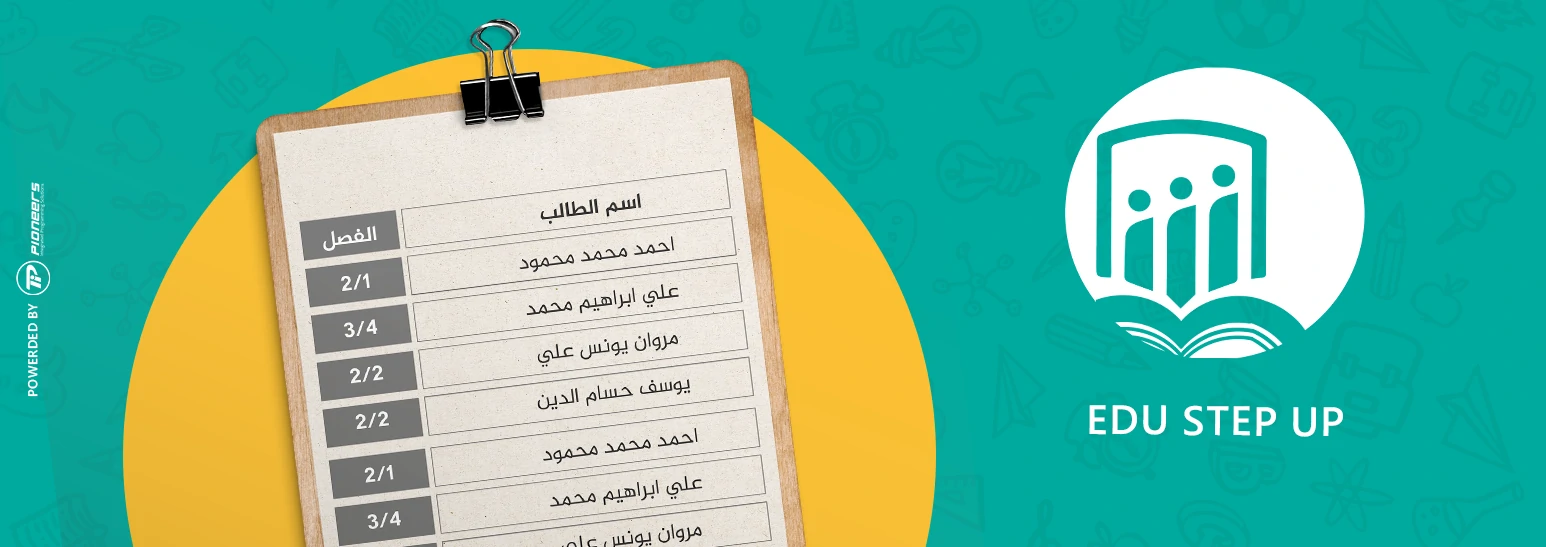
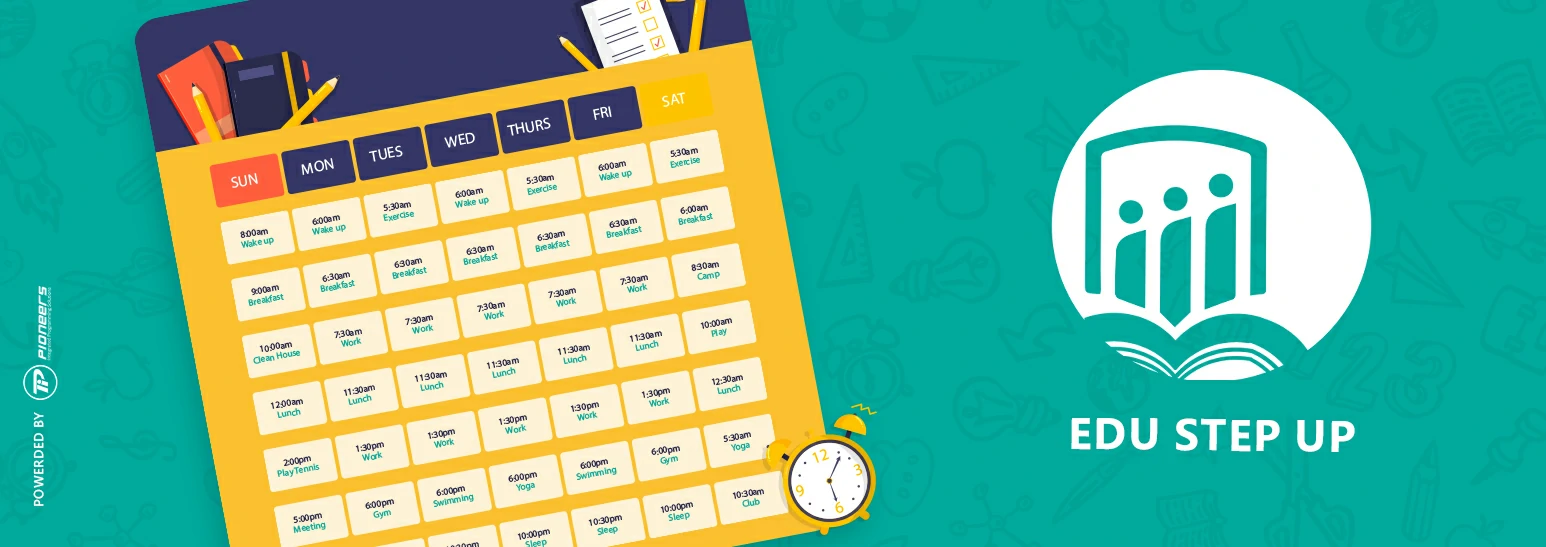

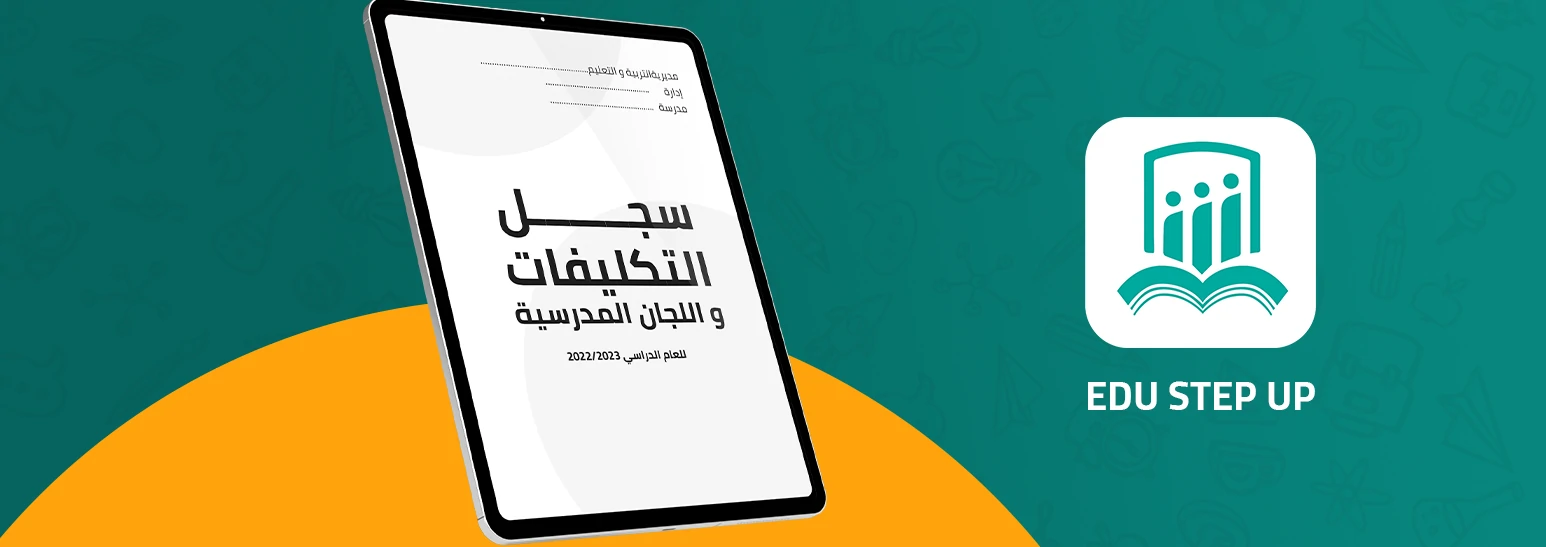
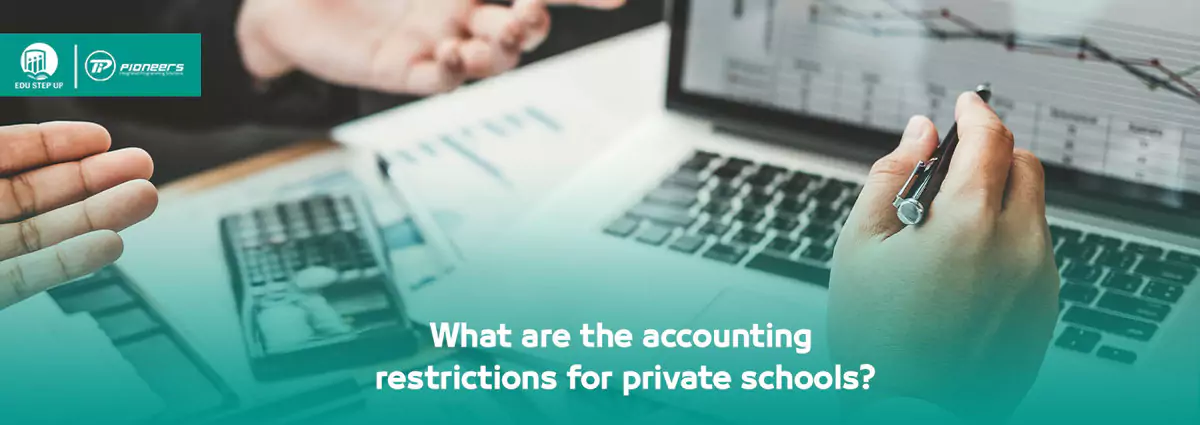
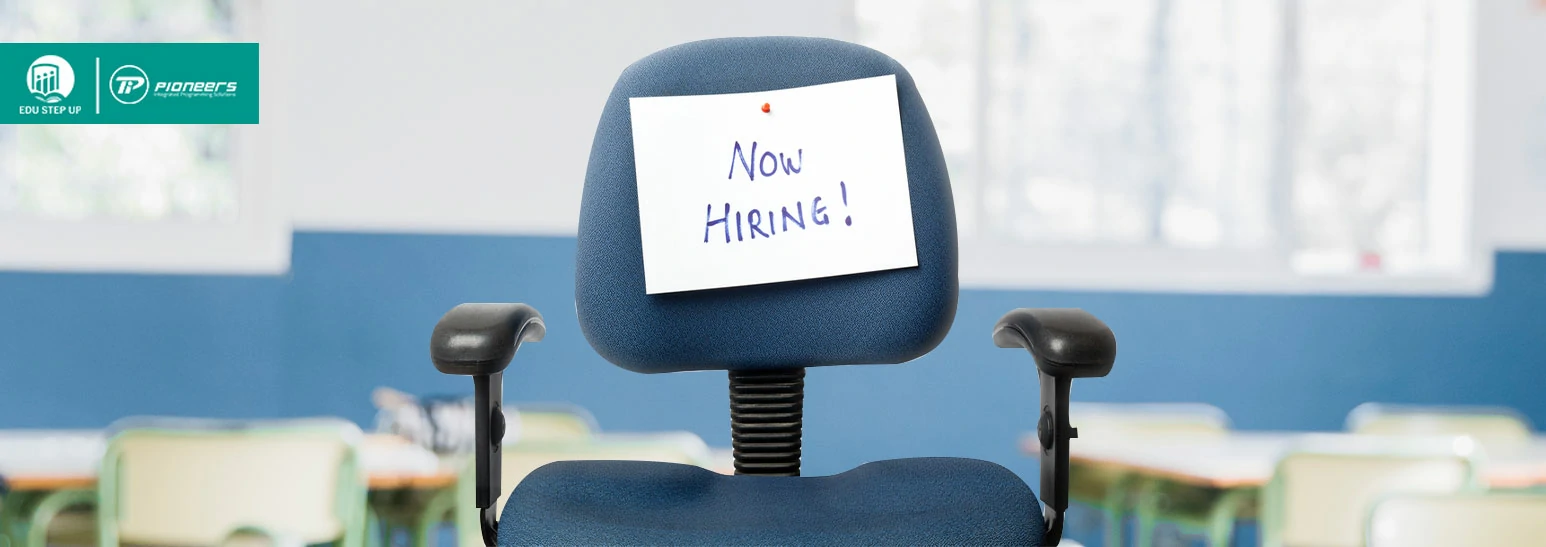
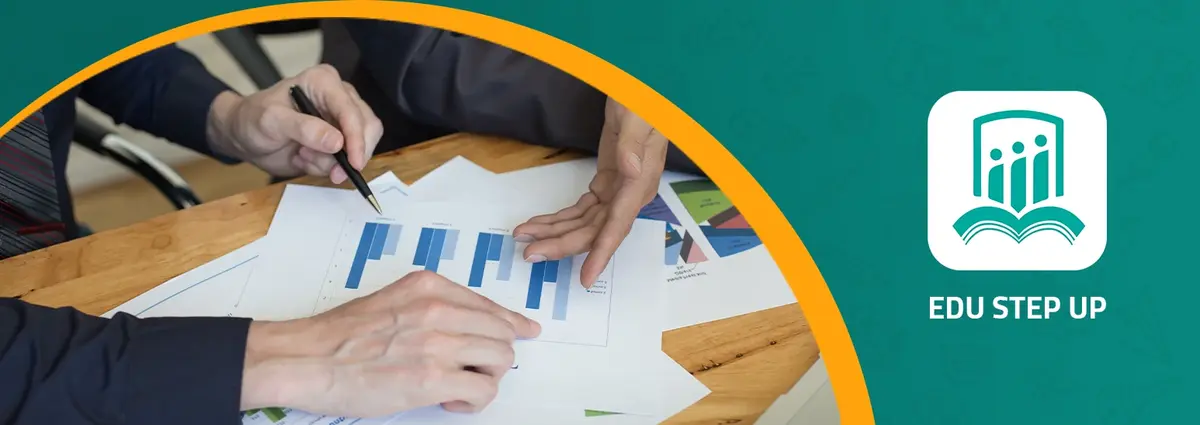
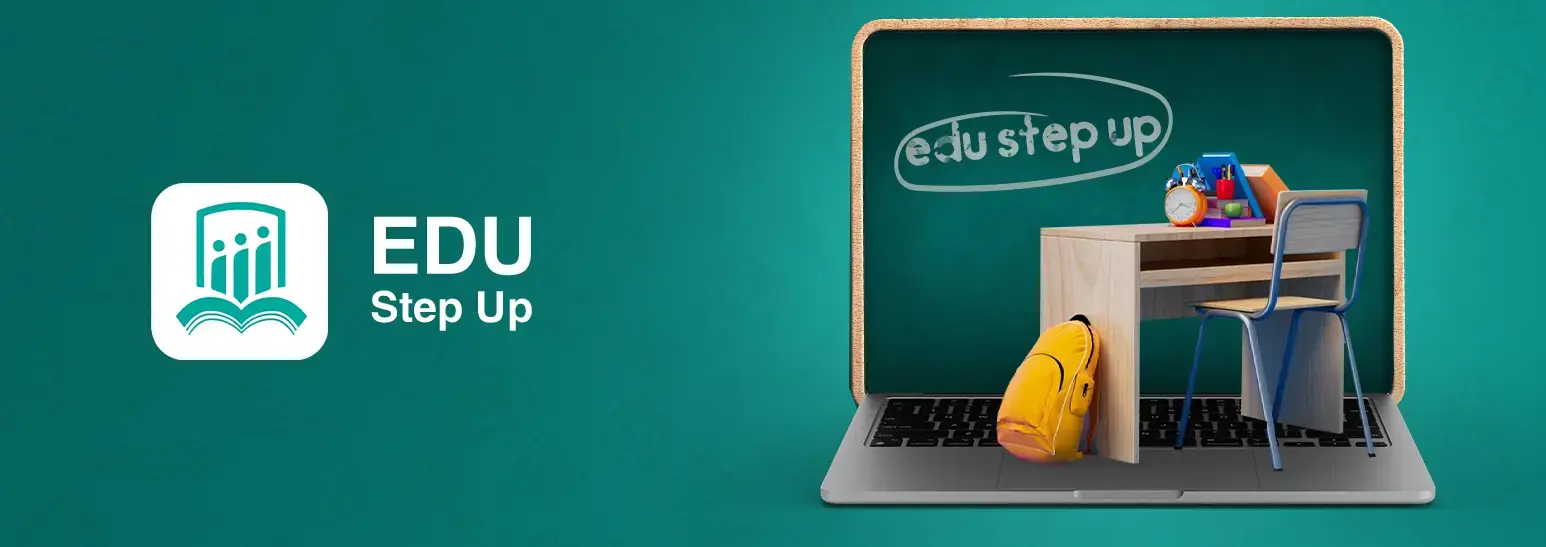

Comments